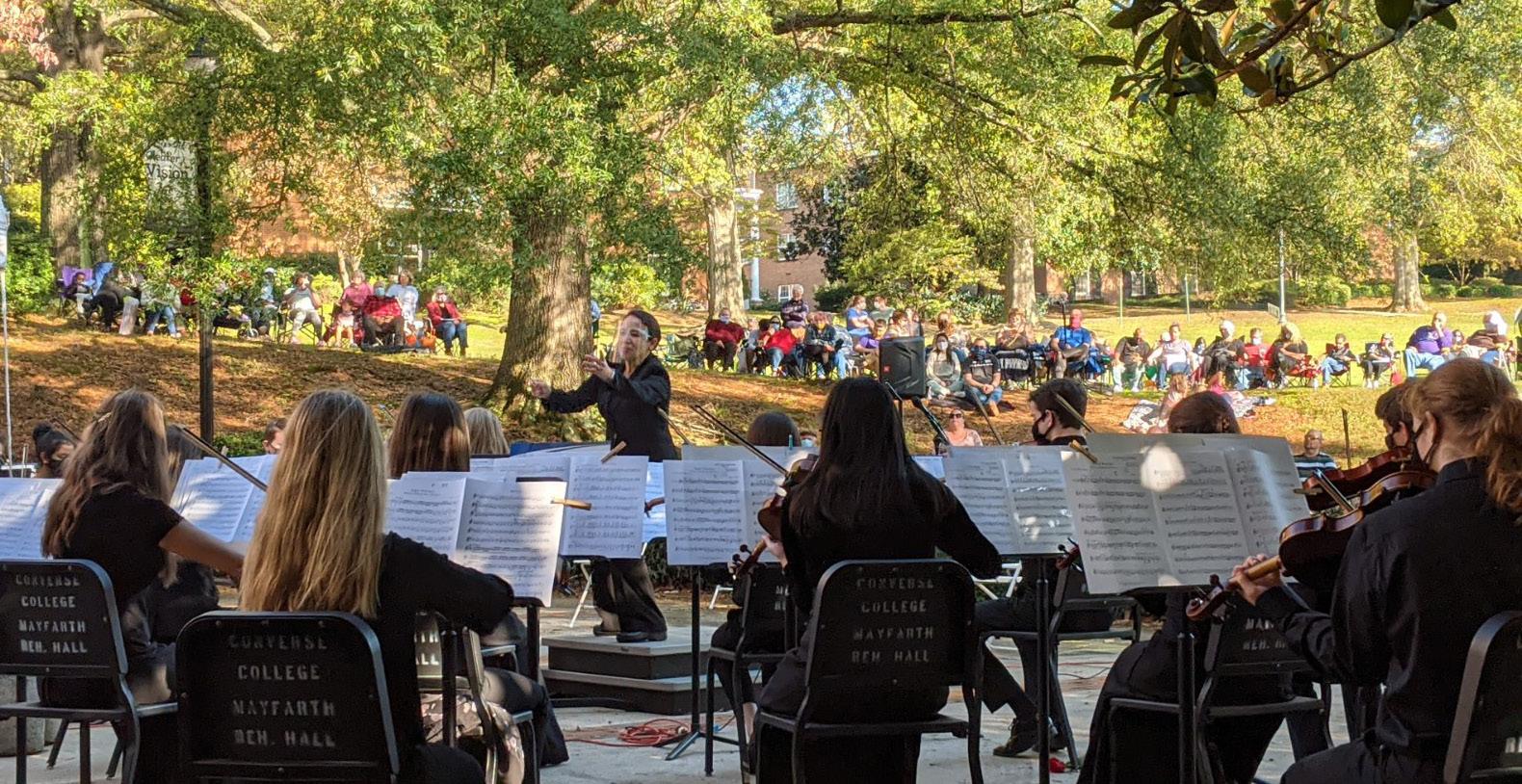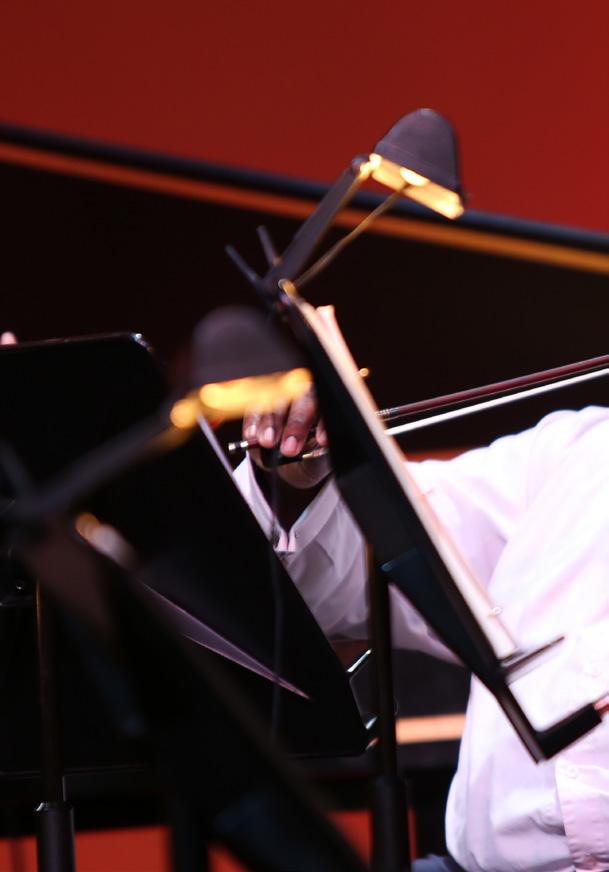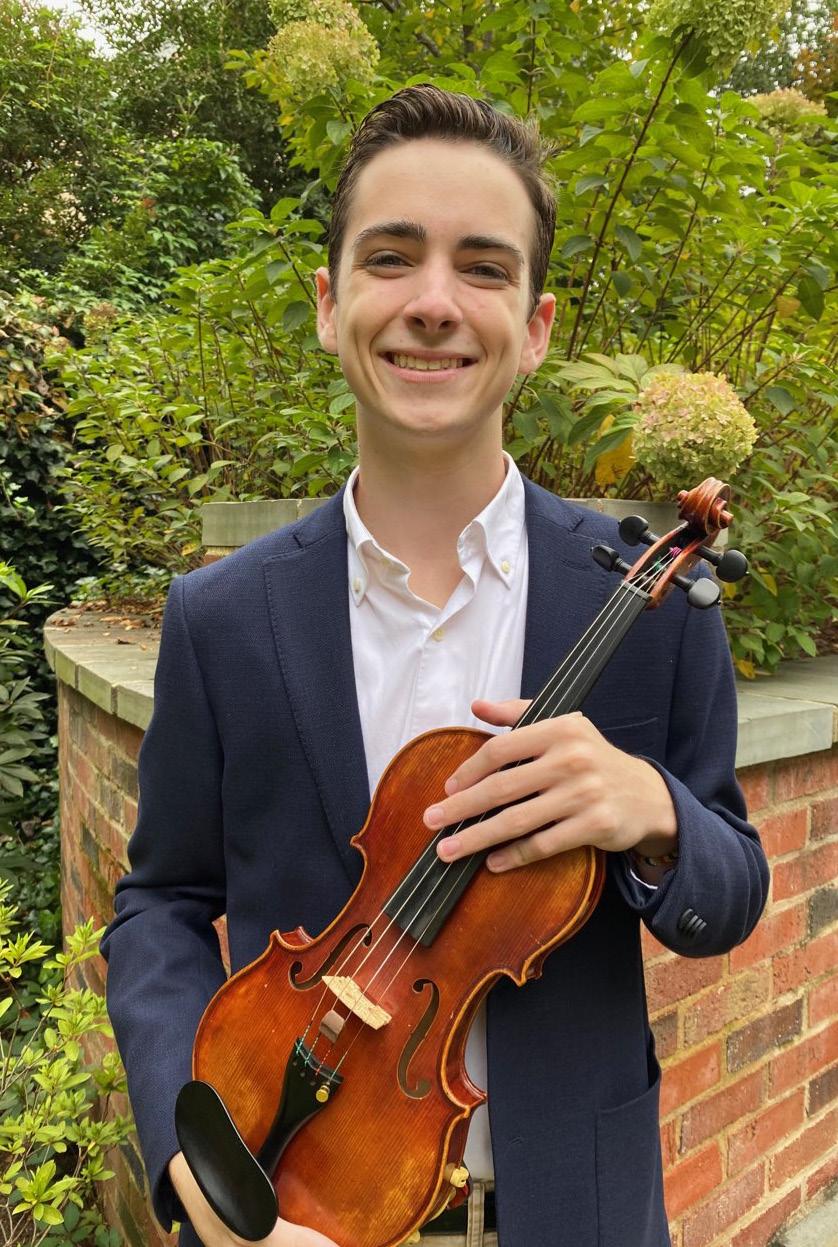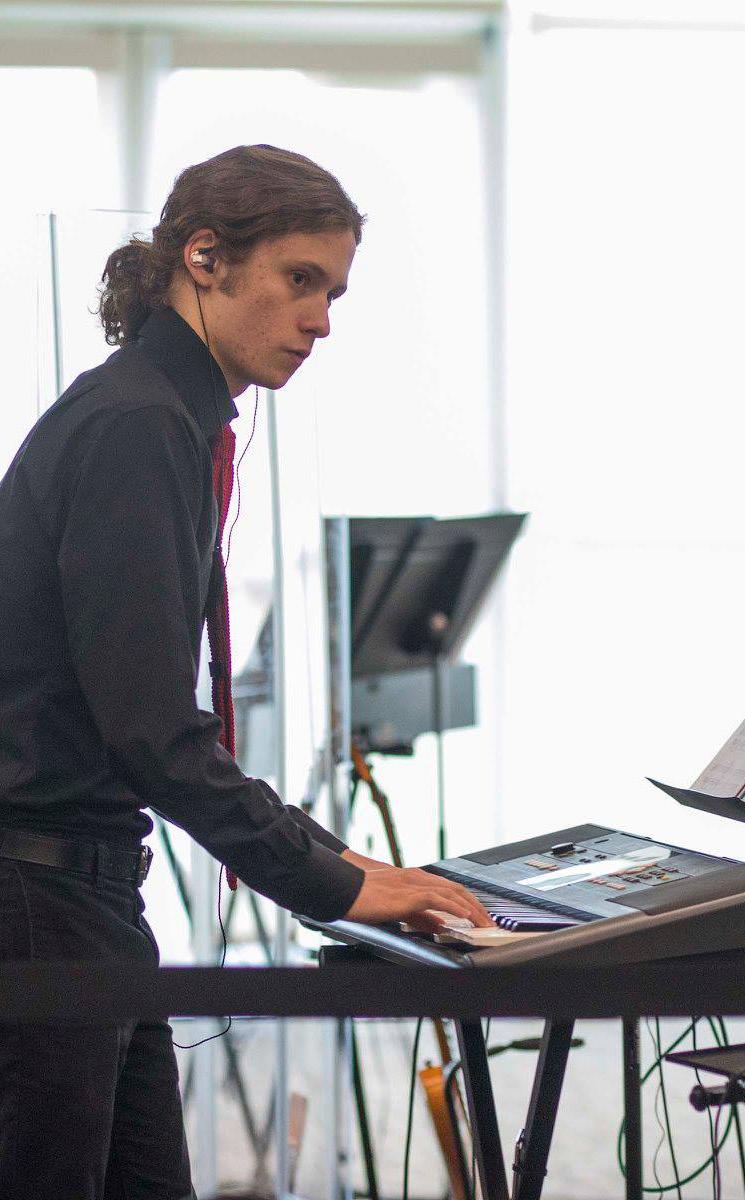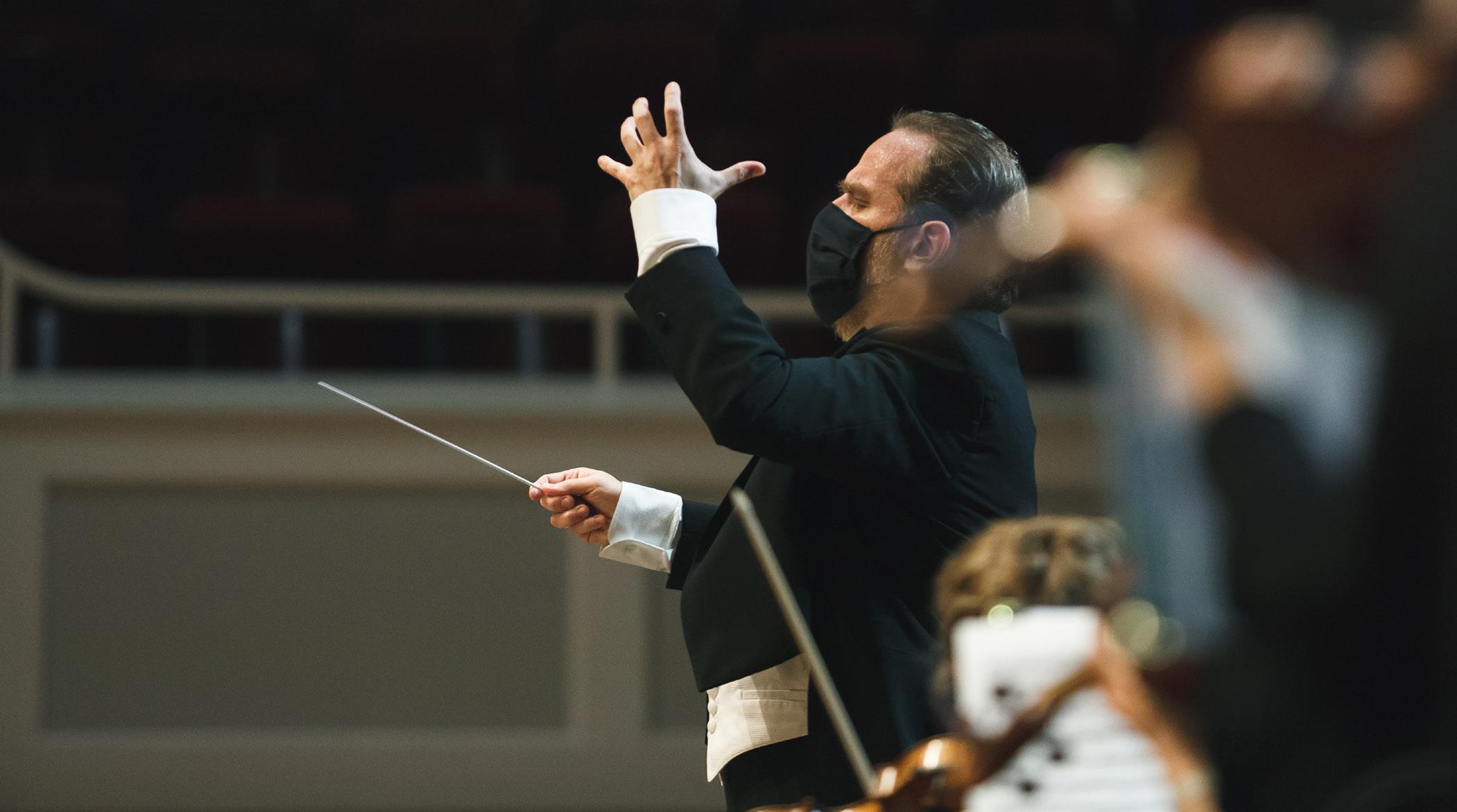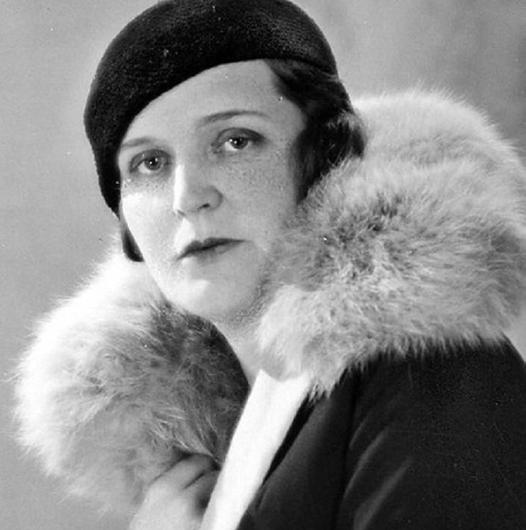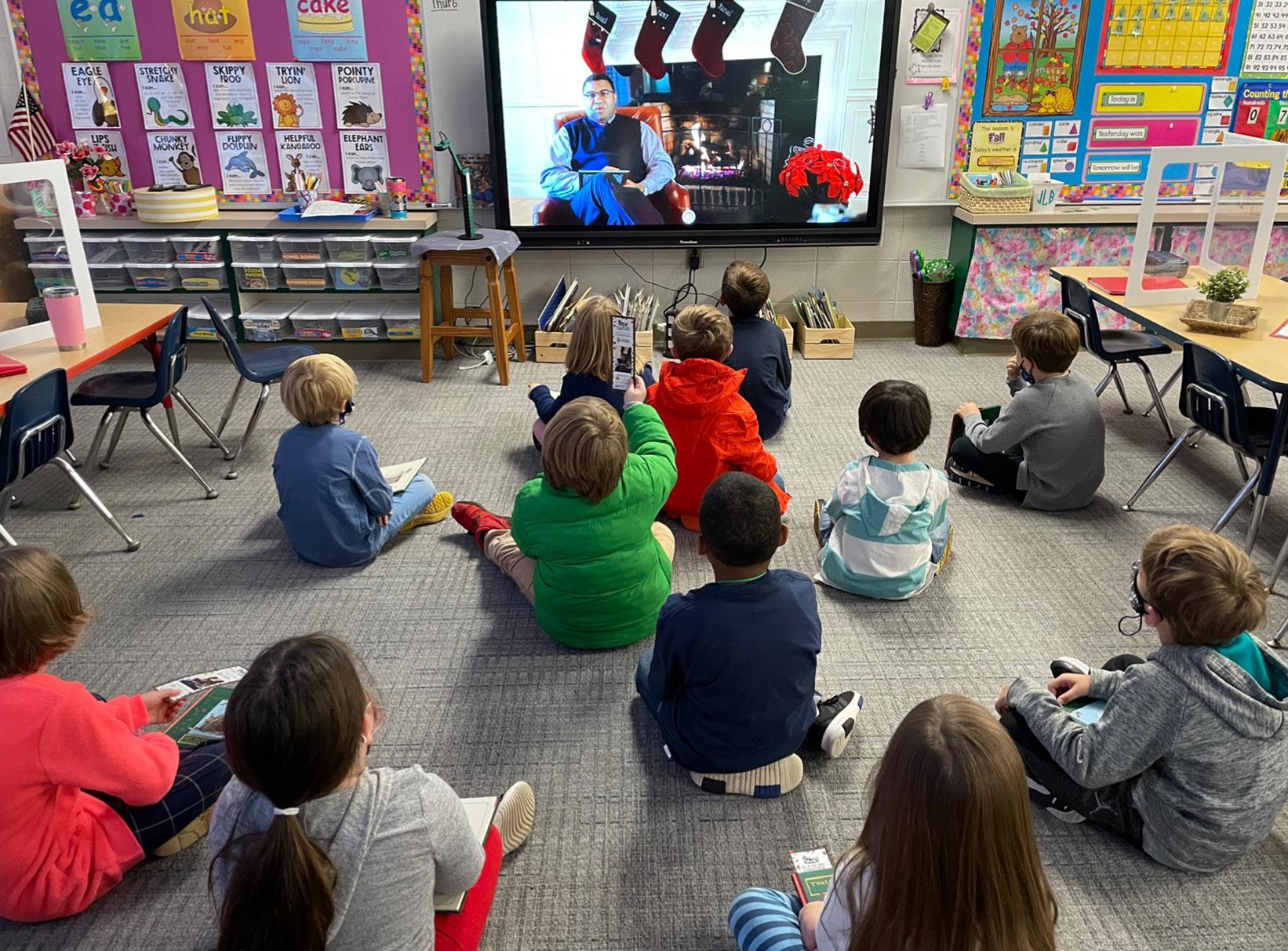Reflection Adapting to a Changing World Stefan Sanders Music Director
From canceled concerts to re-imagining our 2020/2021 season, the COVID era has been a time of organizational reflection and innovation at the Spartanburg Philharmonic. When business as usual all but ceased last March, it seemed as though new and unimaginable barriers arose out of nowhere; inhibiting our commitment to carry out our musical mission and our ability to reach you, our cherished audience of music lovers, dear friends and most loyal supporters. You are like a family to us; cheering us on, believing in us, validating our passions and feeding our musical souls. We have deeply missed being with you, in the same room, making magic together. Sadly, to this day, there are too many musical organizations around the world that have not played a single note together since March 2020. However, our Philharmonic has pivoted, re-framed and re-imagined an entire season multiple times, all for you and the name of music. We are immensely proud of our first virtual series begun in April, Together SpARTanburg, a collaboration with Ballet Spartanburg, the Spartanburg Little Theater, and the Spartanburg Art Museum, as well as our digital concerts, Ludwig and ‘Burg Bound, produced for our first ever online symphonic concert series. Creating our online content has taught us a great deal about who we are as an organization representing a vibrant and culturally diverse community with a distinguished tradition of great music and musicians. And it is within this spirit of representation that the
28
Philharmonic identifies our need for organizational refinement, intent upon reflecting our multicultural society. The keys to success for a twenty-first century American orchestral institution lie within a symbolic culture of relevance and engagement that truly reflects the community in which it serves. Case in point - can you imagine the New York Philharmonic starting a Bluegrass series? Me neither. Myriad foundations and organizations have been created to provide guidance, scholarships and opportunities in the classical music industry for men and women from historically marginalized backgrounds. While the essential work of these organizations continues, and the face of the American orchestra evolves, the arena of composition and programming seems to be the most complicated and delicate tenet of the broader orchestral mission to enjoy change. As a conductor on the front lines of the contest between art and business, I am intensely cognizant of our musical obligations to audiences and stakeholders, my duty to connect our community and music together, and the requisite relationship necessary between myself, our board, staff and orchestra to make our vision of a season resonate within our community. Every piece on a program is considered from several important angles: quality, budget, our audience, the occasion, the last time the piece was played, length of a piece, a pieces level of difficulty and how much rehearsal time we will have to put an entire program together. Going forward we will include one more important perspective in our programming process - representation. After all, diversity, equity, and inclusion are only words if one cannot clearly see or hear them reflected consistently on our stage and programs. What can you expect? More great music.

